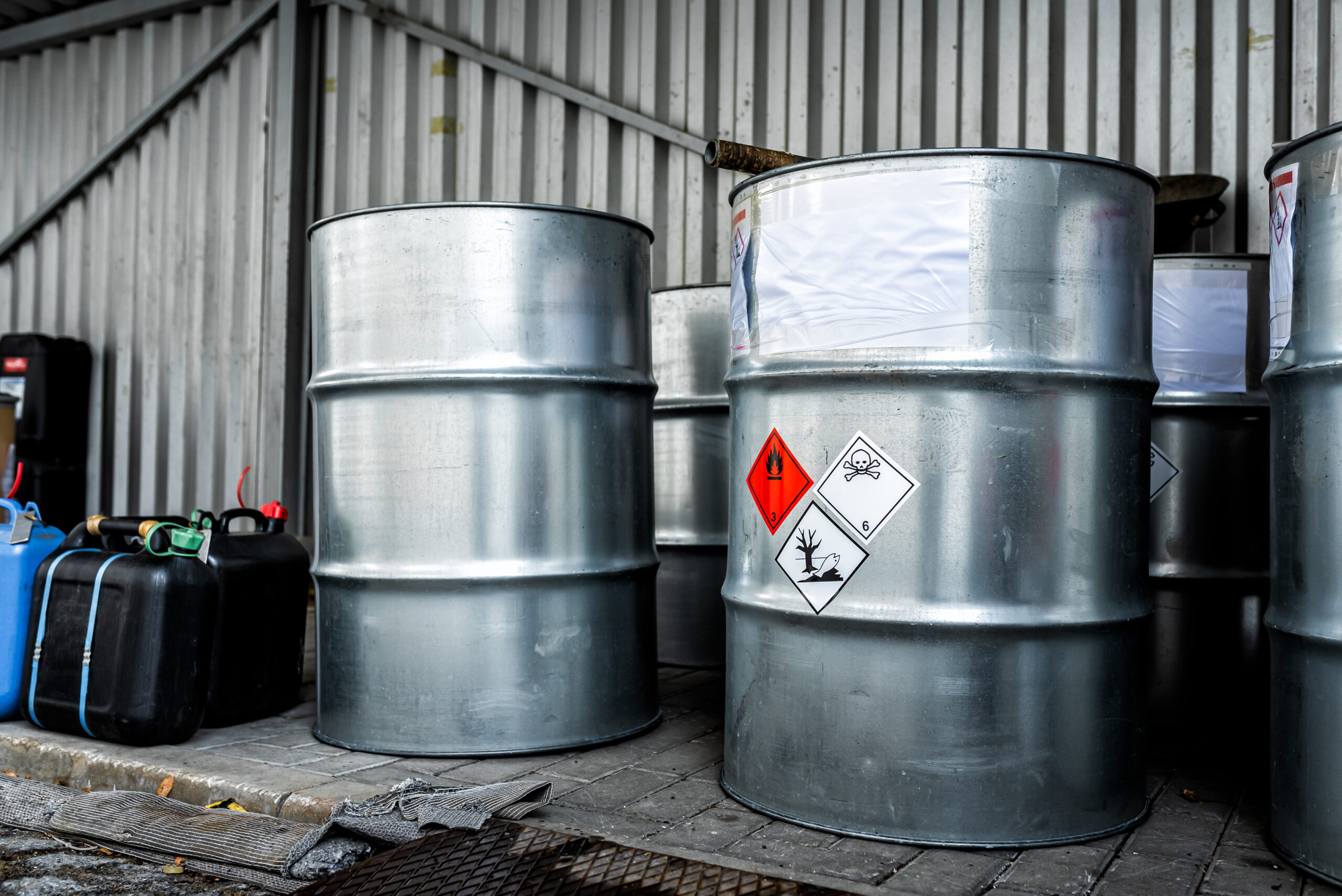Effective hazardous waste management is crucial for small businesses to ensure compliance with regulations, protect the environment, and safeguard human health.
This guide will help you understand and implement responsible hazardous waste management solutions that align with your sustainability goals.
Understanding Hazardous Waste
Hazardous waste includes materials that pose risks to health, safety, or the environment. Small businesses may produce various hazardous wastes such as chemicals, contaminated soil, and industrial by-products.
Correctly identifying these hazardous materials is the first step toward effective hazardous waste management.
Legal Requirements and Compliance
Regulated wastes must be managed according to strict legal standards to prevent risks such as groundwater contamination and soil pollution.
Compliance with the Environmental Protection Agency (EPA) guidelines and local regulations is mandatory for hazardous waste disposal and treatment, ensuring businesses minimize their environmental impact.
Hazardous Waste Management Solutions for Small Businesses
To manage hazardous waste effectively, small businesses should consider reduction strategies and recycling processes. Solutions include:
– Minimizing waste material at the source.
– Implementing recycling programs for organic wastes and plastics.
– Using disposal facilities that offer hazardous waste incineration and biological treatment to dispose of hazardous wastes responsibly.
– Exploring beneficial reuse solutions, turning waste into resources, such as converting dredged material into nutrients for soil remediation.
Choosing the Right Hazardous Waste Management Partner
Selecting the right service provider is crucial for effective hazardous waste management. Look for services that offer comprehensive solutions, including assessments of your waste streams, tailored treatment options, and support for achieving compliance.
A reliable partner will also provide recycling and landfill services that adhere to the latest environmental standards.
Implementing a Hazardous Waste Management Program
A structured hazardous waste management program should include:
– An evaluation of the types and volumes of waste generated.
– Secure storage solutions to prevent leaks and contamination.
– Detailed procedures for the safe handling and disposal of hazardous materials.
– Regular training for employees on proper waste management practices and emergency responses.
Benefits of Proper Hazardous Waste Management
Proper management of hazardous waste not only meets regulatory requirements but also contributes to the sustainability of the business.
Benefits include reduced environmental liability, enhanced company reputation, and decreased costs associated with waste disposal.
Moreover, effective hazardous waste management supports broader environmental goals such as reducing landfill use and enhancing community health.
Conclusion
Adopting effective hazardous waste management solutions is vital for small businesses aiming to protect the environment and comply with health and safety regulations.
By integrating these practices, businesses can manage their hazardous wastes more responsibly and contribute to a safer, healthier world.
BOOK A DEMO
Interested in getting started?
Book your FREE demo today, no strings attached.

